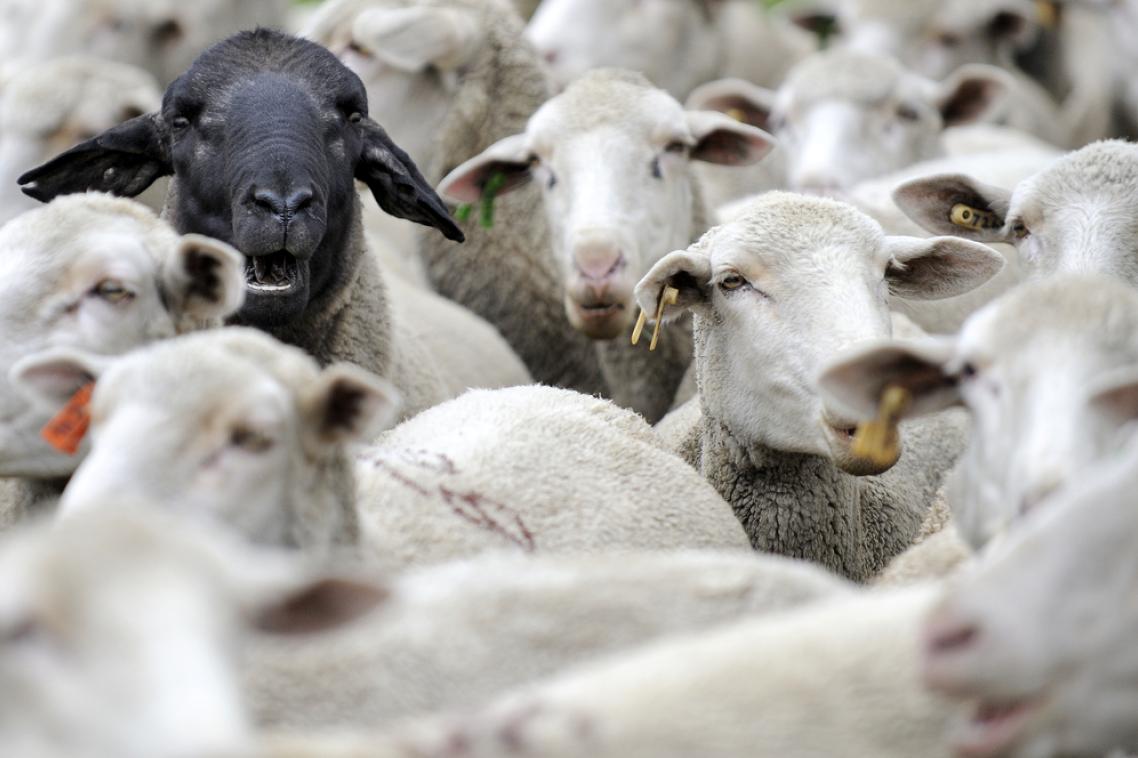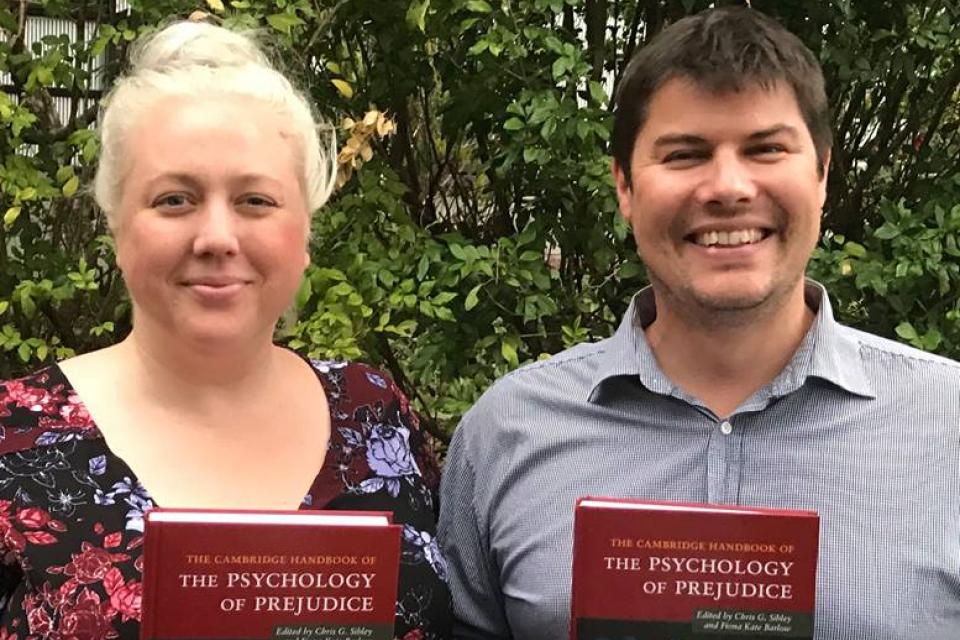Battling prejudice still as important decades on

Why is prejudice so persistent?
It was that burning question which led University of Queensland School of Psychology researcher Dr Fiona Barlow to contact an American teacher who has become part of modern folklore.
In co-authoring The Cambridge Handbook of the Psychology of Prejudice, Dr Barlow reached out to Jane Elliott, an educator who had a famous response to the assassination of Martin Luther King Jr.
“Jane Elliott created a classroom activity for her white students that would allow them to experience first-hand what being discriminated against actually felt like,” Dr Barlow said.
“The premise was simple - those with blue eyes were inferior to those with brown eyes, and would be treated accordingly.
“Almost immediately, Jane Elliott saw the behaviour in her classroom change, not only with the brown-eyed children who took to their task with enthusiasm but also in the blue-eyed children who began to struggle.”
Dr Barlow and long-time collaborator Dr Chris Sibley of The University of Auckland decided to contact Ms Elliott to see if she would contribute a chapter to their 671-page handbook.
“We were both nervous and thought even if we emailed, she wouldn’t respond to us,” Dr Barlow said.
“Not only did she agree to write the concluding chapter, she also informed us prejudice was not the problem.
“She argues, convincingly, that prejudice is a secondary problem to the hierarchal and unjust systems that prop up group inequality and allow prejudiced attitudes to flourish.”
A specialist in race relations, Dr Barlow said that prejudice was a “complex, insidious, and ever-changing beast” that could impair, ruin and end lives.

“We provide a comprehensive examination of prejudice from its evolutionary beginnings and environmental influences through to its manifestations and consequences.
“For those passionate about understanding prejudice, social change, collective action and reducing prejudice, it is an essential resource.
“We challenge researchers and readers to move beyond their comfort zone, and set the agenda for future avenues of research, policy and intervention.”
Media: Dr Fiona Barlow, f.barlow@psy.uq.edu.au, +617 3365 6397: Robert Burgin, UQ Communications, r.burgin@uq.edu.au, +61 7 3346 3035, +61 448 410 364.
Topics
Related articles

Australia needs doctors – so why are hundreds of qualified international physicians unable to work?

Greater attention needed on community service workforce
Media contact
UQ Communications
communications@uq.edu.au
+61 429 056 139
